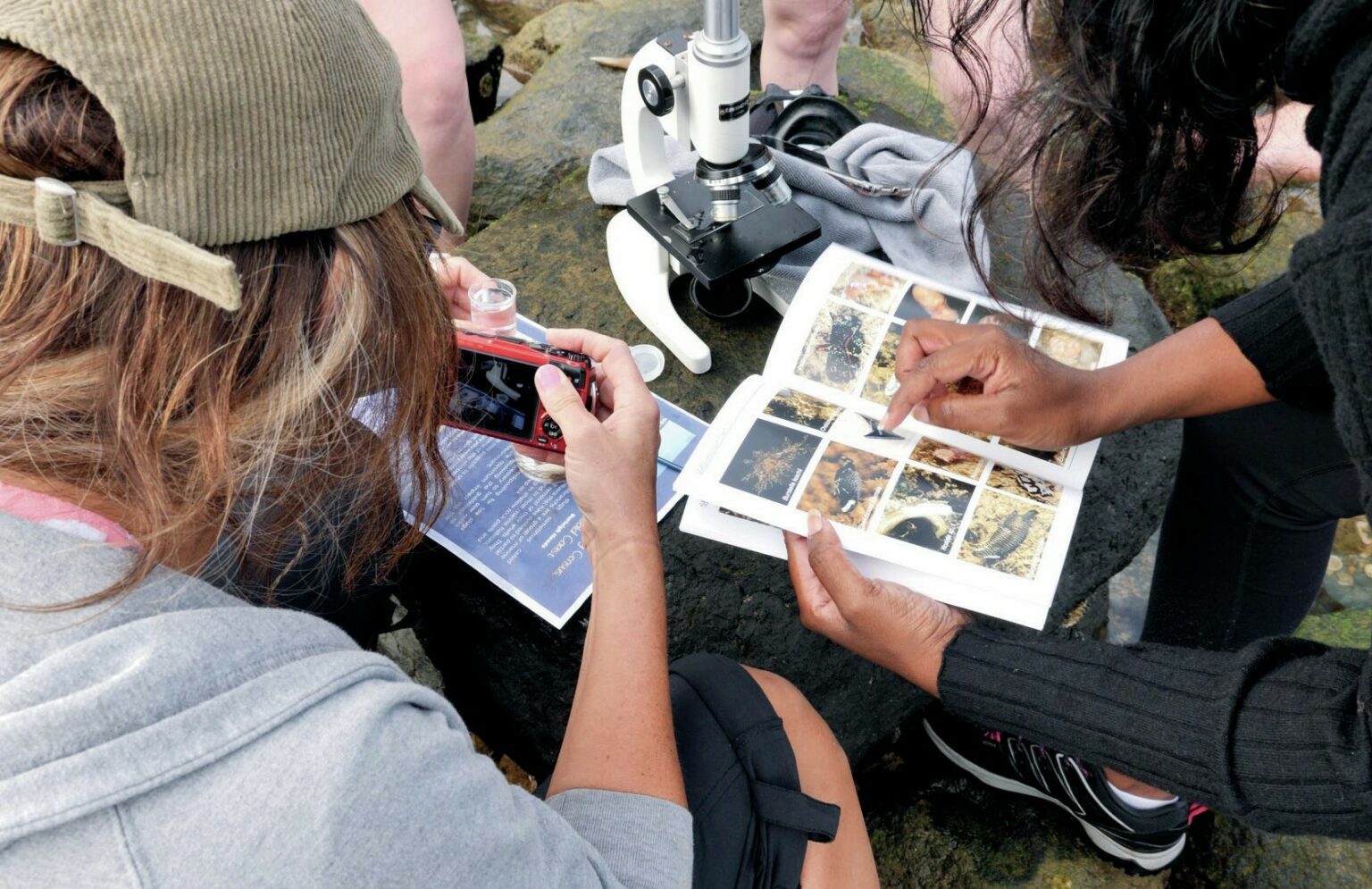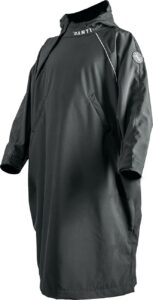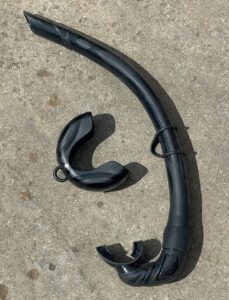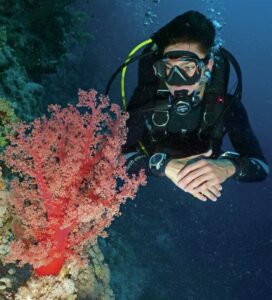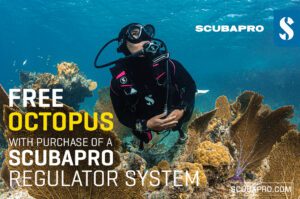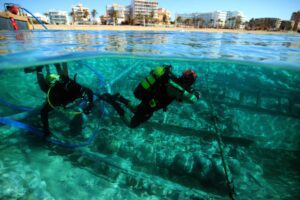Maggie Muurmans and Skye van der Vlies take a closer look at sea slugs and nudibranch, which are often overlooked by community members on the Gold Coast.
Photographs by Ocean Connect
The aim of Ocean Connect’s sea slug citizen science programme is to create an understanding around the importance of sea slugs and their presence in urban environments within the Gold Coast region, as well as an awareness around the impacts of a changing climate inspires environmental stewardship from the local community.
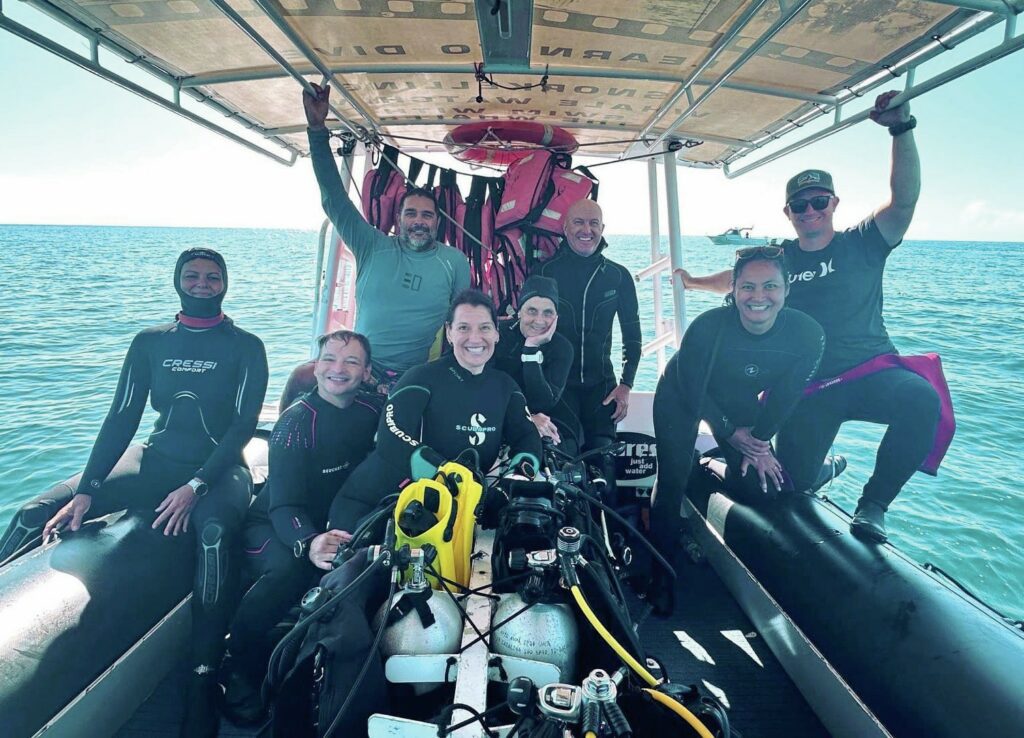
The Role of Ocean Connect in Community Science
Ocean Connect is a non-profit organisation that applies citizen science and community events to its programs. It was established in 2013 by Maggie Muurmans and Tim Exley to support and inspire the community through education. Ocean Connect promotes local participation in enhancing awareness of coastal and marine environments on the Gold Coast.
In 2020, the collaboration between the Gold Coast Sea Slug Census group and Ocean Connect allowed a more-formalised sea slug citizen science approach and allowed the establishment of Gold Coast Sea Slug Survey citizen science events across the region with sea slug experts on the advisory team, such as Dr Cedric van den Berg, Elisha Simpson and Gary Cobb.
Significance of Nudibranch and Sea Slugs as Bio-Indicators
Nudibranch and sea slugs are considered an important marine bio-indicator species and can be used to determine the state of the environment. Most sea slugs tend to only live for a year, or even less, depending on the species. They are sensitive to alterations in the ecosystem, making them a suitable indicator of water quality due to their feeding strategies and dietary requirements.
Nudibranch and sea slugs can provide a rapid response to alterations in their environment, including climate change effects, pollution, loss of prey or habitat. The factors that would affect their numbers or their rate of survival within the Gold Coast Region are unclear and this project has contributed to increasing this knowledge.
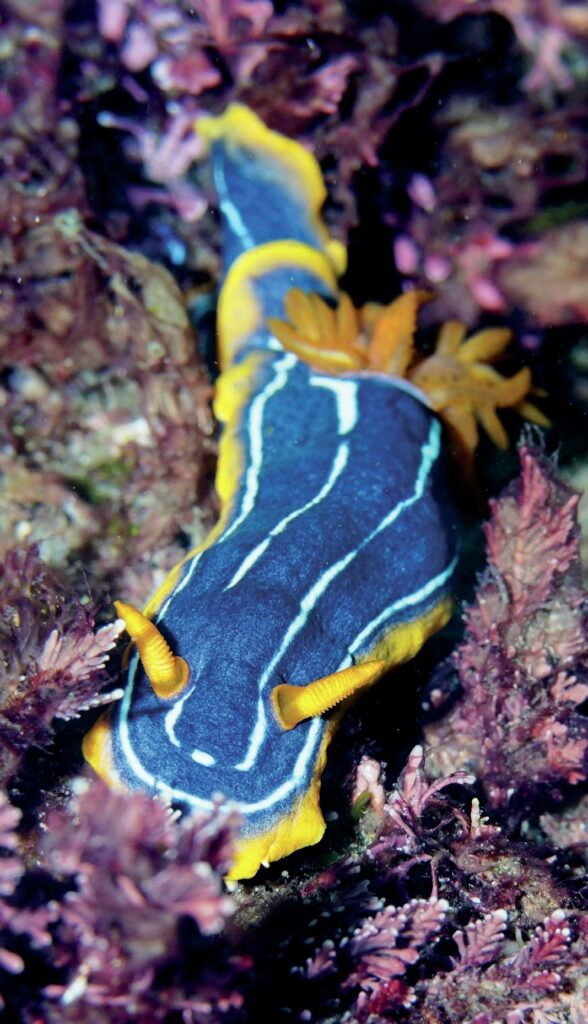
Engaging the Community: Sea Slug Surveys
At Ocean Connect, the sea slug surveys bring together volunteers and citizens in both land and ocean-based surveys. The project involves taking photographs and recording observations of the diversity and abundance of sea slug species across the Gold Coast.
Volunteers of all ages and backgrounds assist in weekly land-based surveys at rock pools in Burleigh Heads, while the ocean-based surveys involve a mix of shore and boat dives along the coast.
The Impact and Value of the Surveys
Data collection for the sea slug survey in 2022 proved a popular activity as 150 divers were involved in 16 scuba dive surveys from boats and shore, conducting 560 hours of diving. Due to the accessibility of the rocky shores in Burleigh, the involvement at this location was very popular, where 48 surveys were run involving 114 community members during these rock rambles.
A total amount of 18,432 volunteer hours were spent in the rocky shores alone during the 12 months.
The importance of the Burleigh Heads rocky shore habitat for nudibranch is evident as 19 species of sea slug were found in 2022. The Burleigh Heads rocky shore habitat is not currently zoned as a marine park or marine protected area.
Survey teams often record environmental impacts to this habitat such as harvesting of wildlife (eels, urchins and sea hares in particular), damaging of habitat by visitors by piling up and or removing rocks or dogs off leash foraging the resident wildlife.
Gold Coast’s coastal and marine waters has a unique and notable biodiversity of sea slugs. In 2022, the survey cumulatively found 84 different species over the course of the year with 39 new sea slugs species recorded to varying dive and shore sites around Gold Coast.
Get Involved: How to Contribute
Further monitoring is essential to keep building on the Gold Coast Sea slug database and to ensure a baseline species diversity baseline can be established to protect and prevent species loss as well as aid in the management and planning of the area. In addition, continual monitoring of sea slugs provides the opportunity to anticipate other cascading effects of these changes.
To become involved in the organised surveys, find out dates on the official Ocean Connect Australia website.
This article was originally published in Scuba Diver ANZ #59.
Subscribe digitally and read more great stories like this from anywhere in the world in a mobile-friendly format. Link to the article
